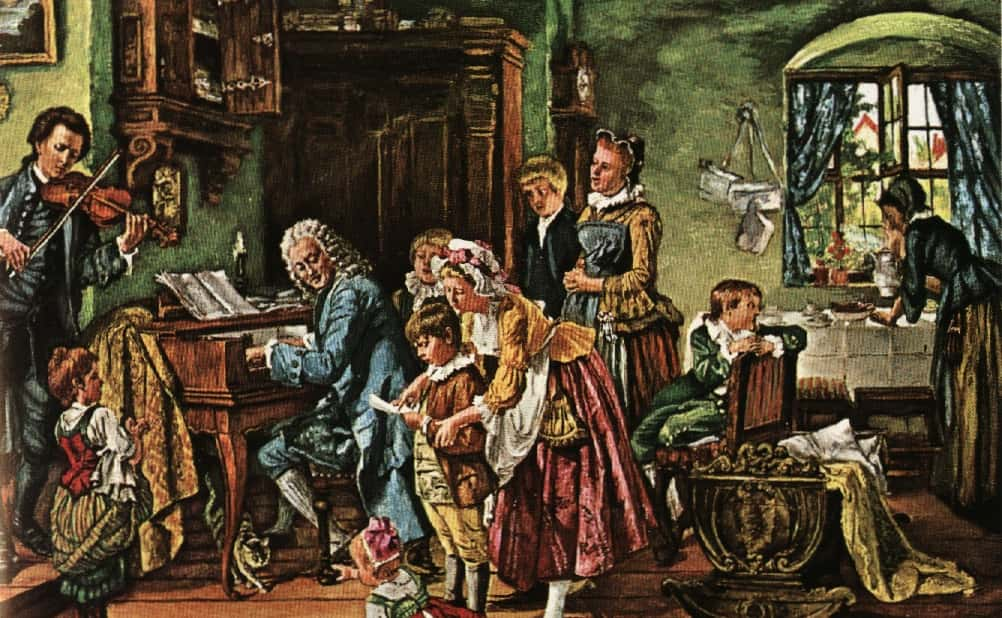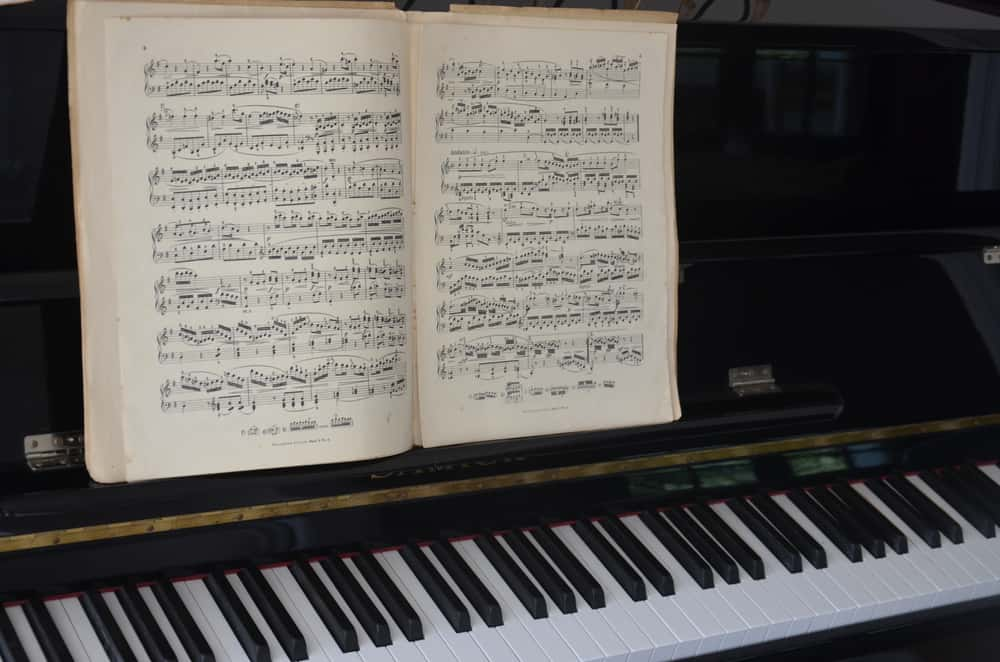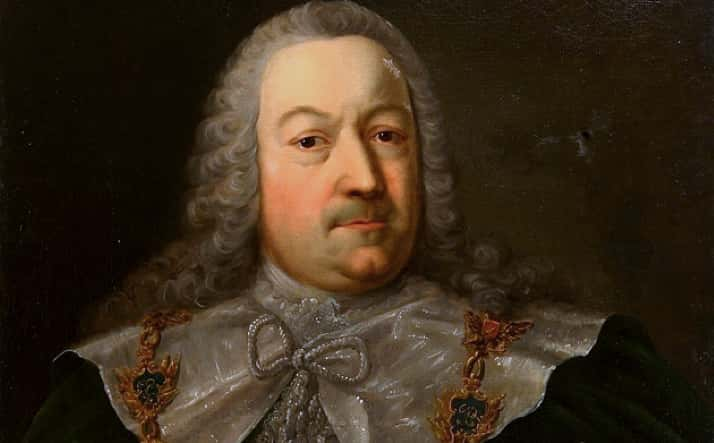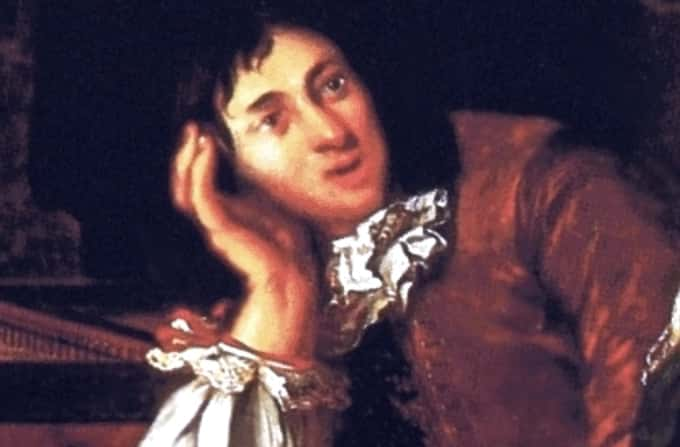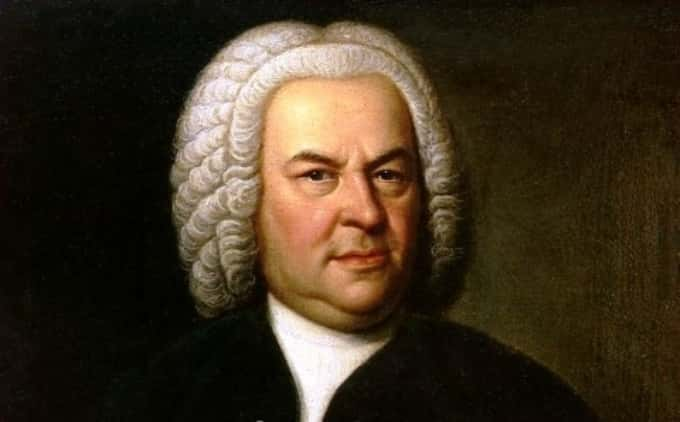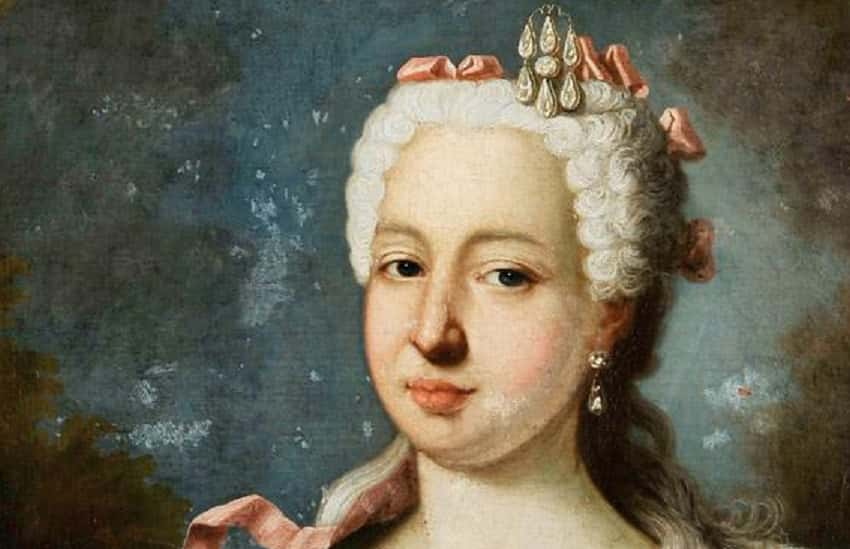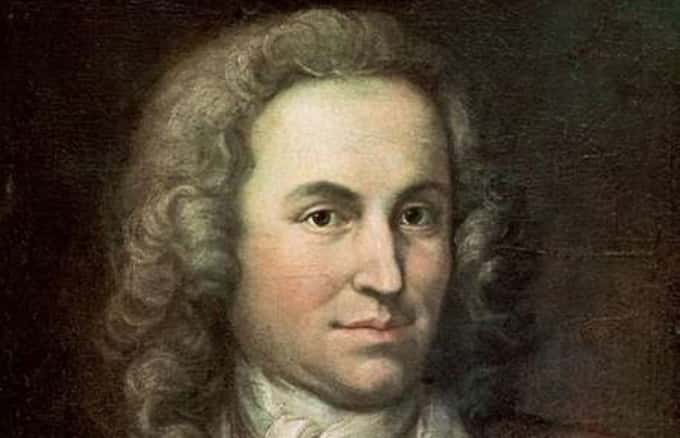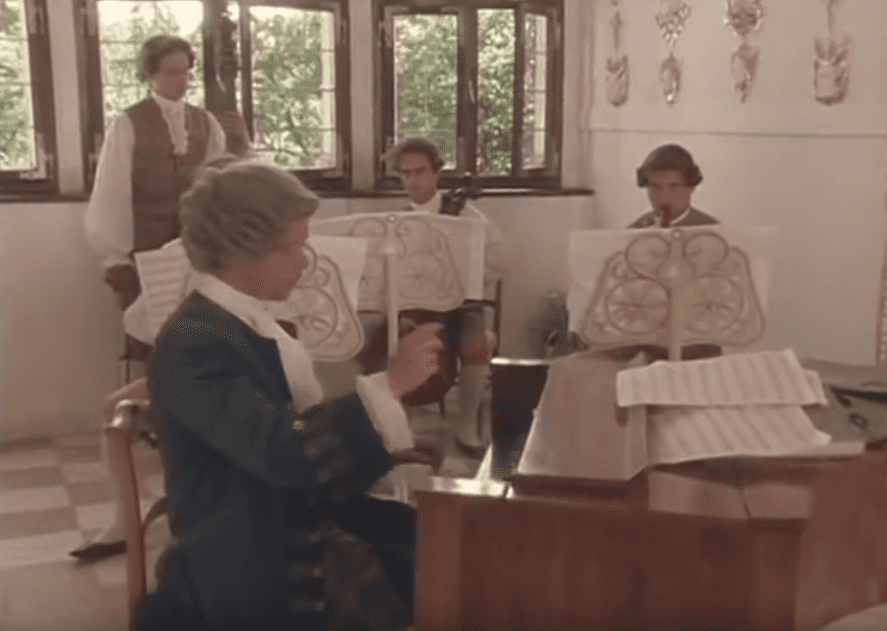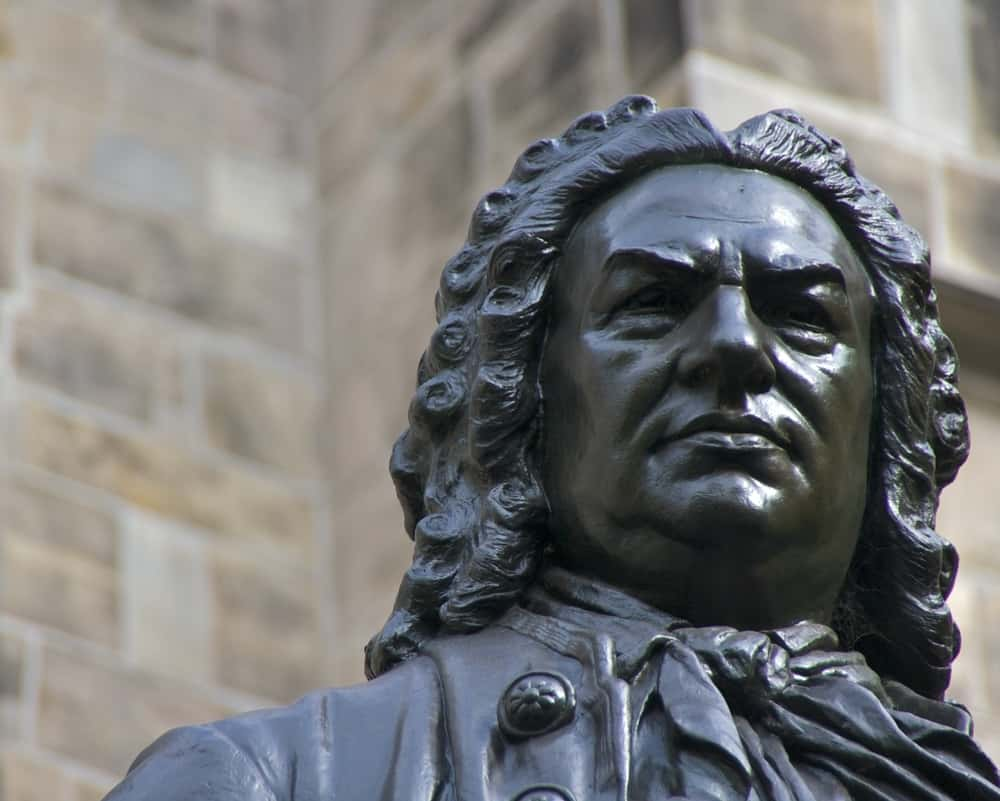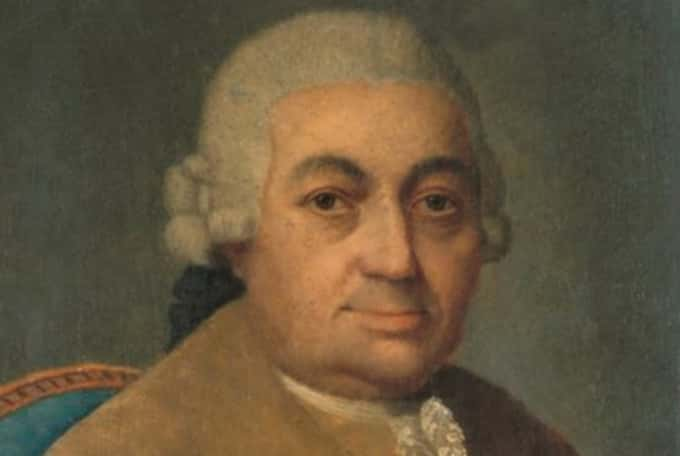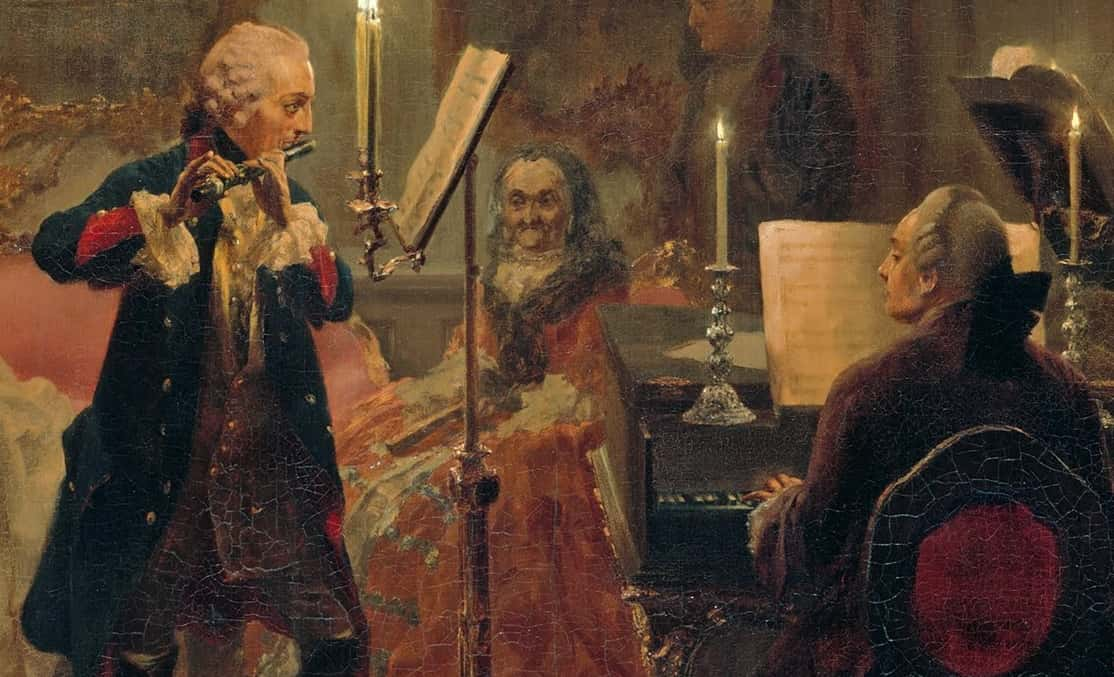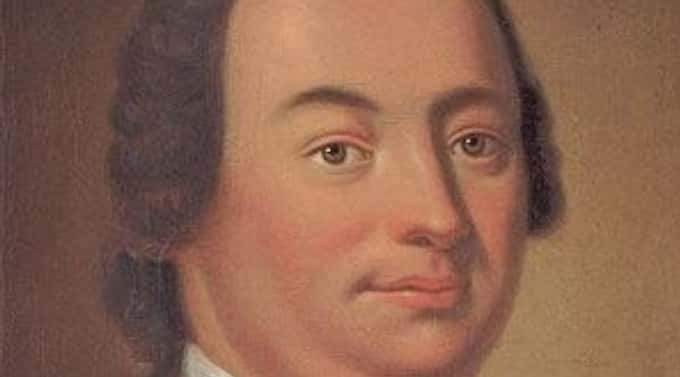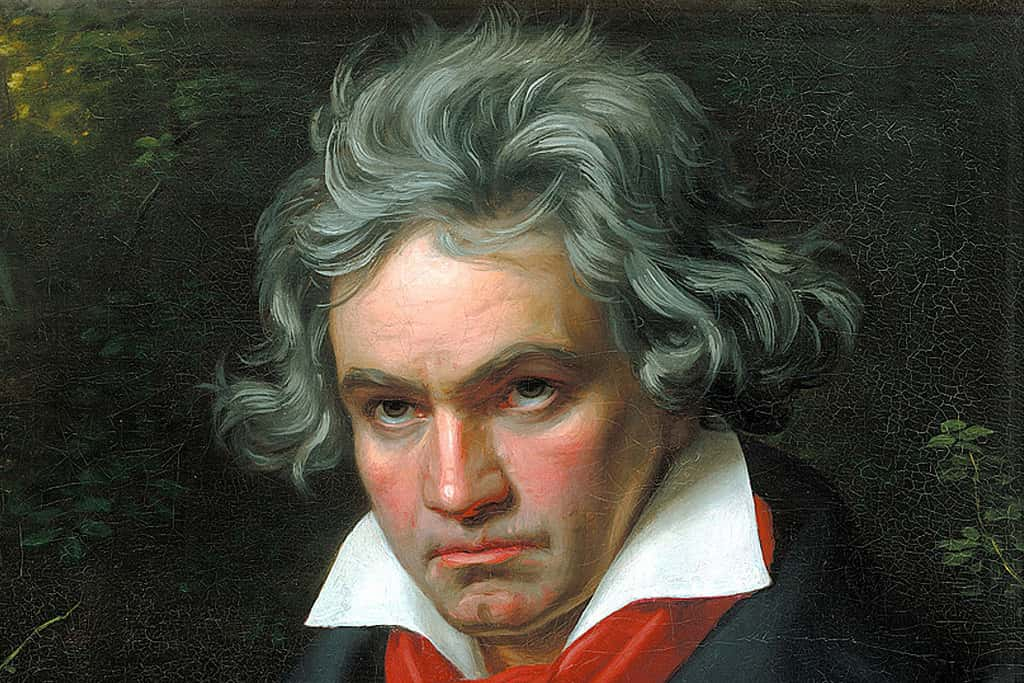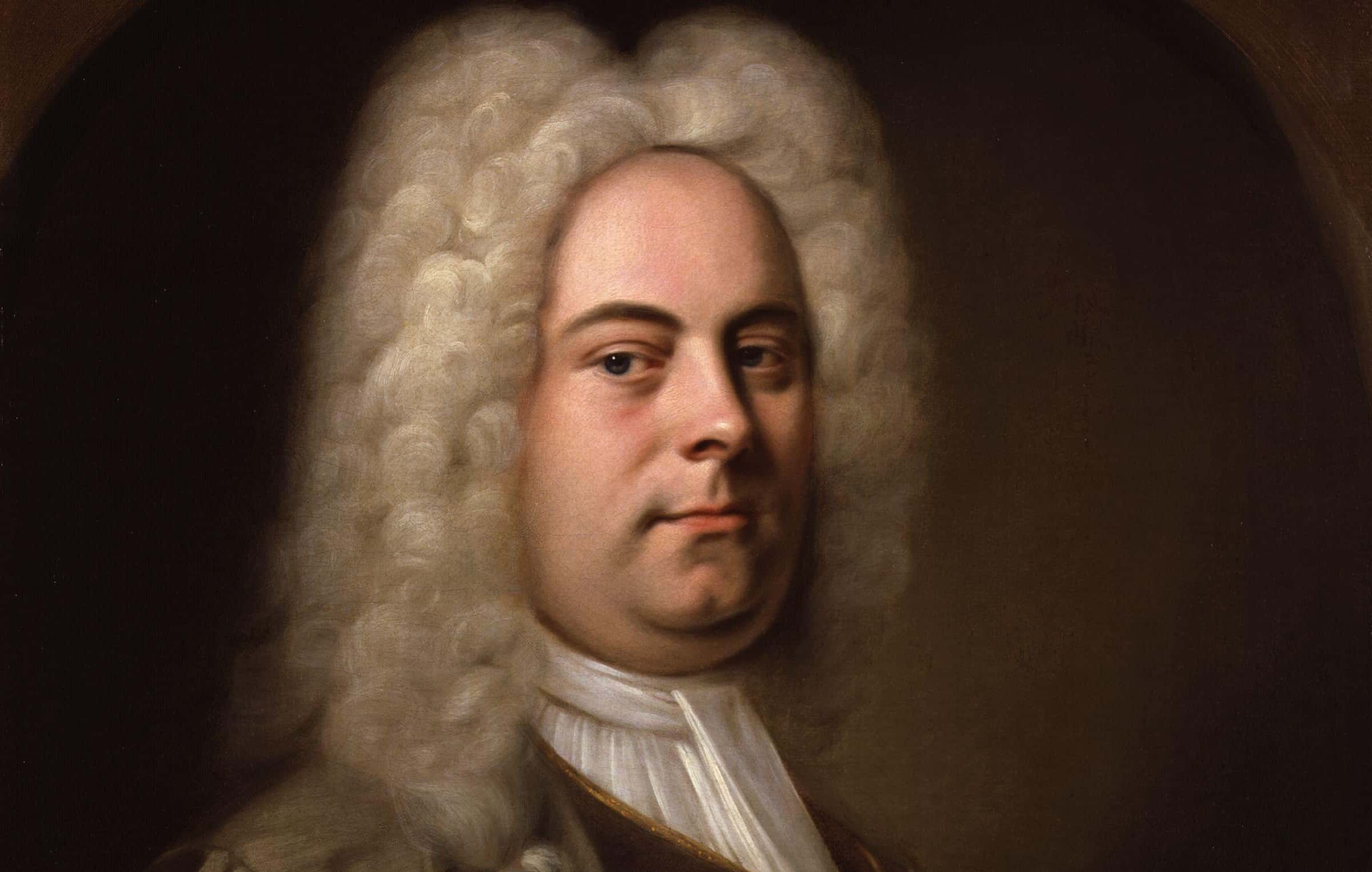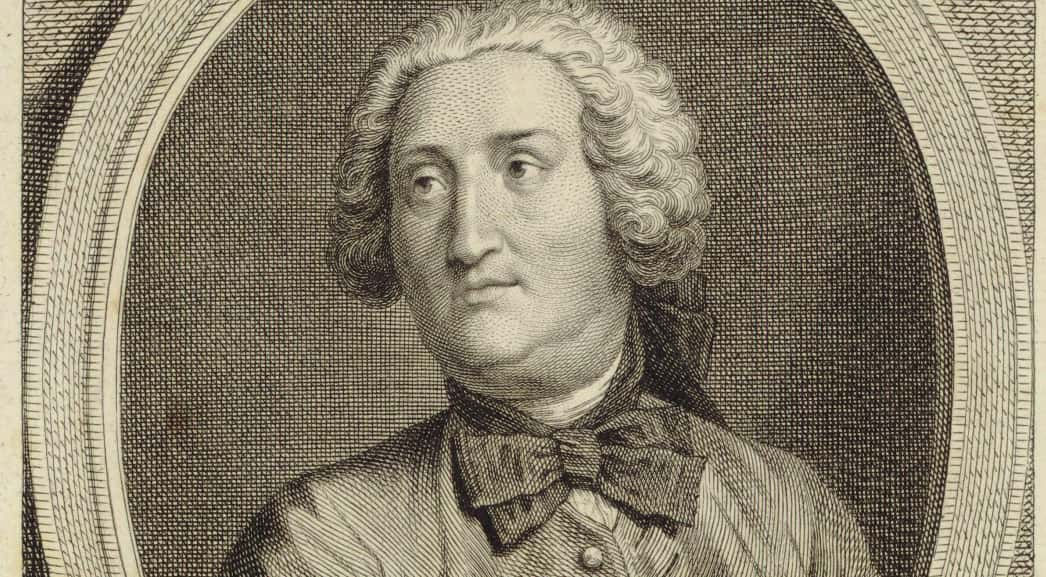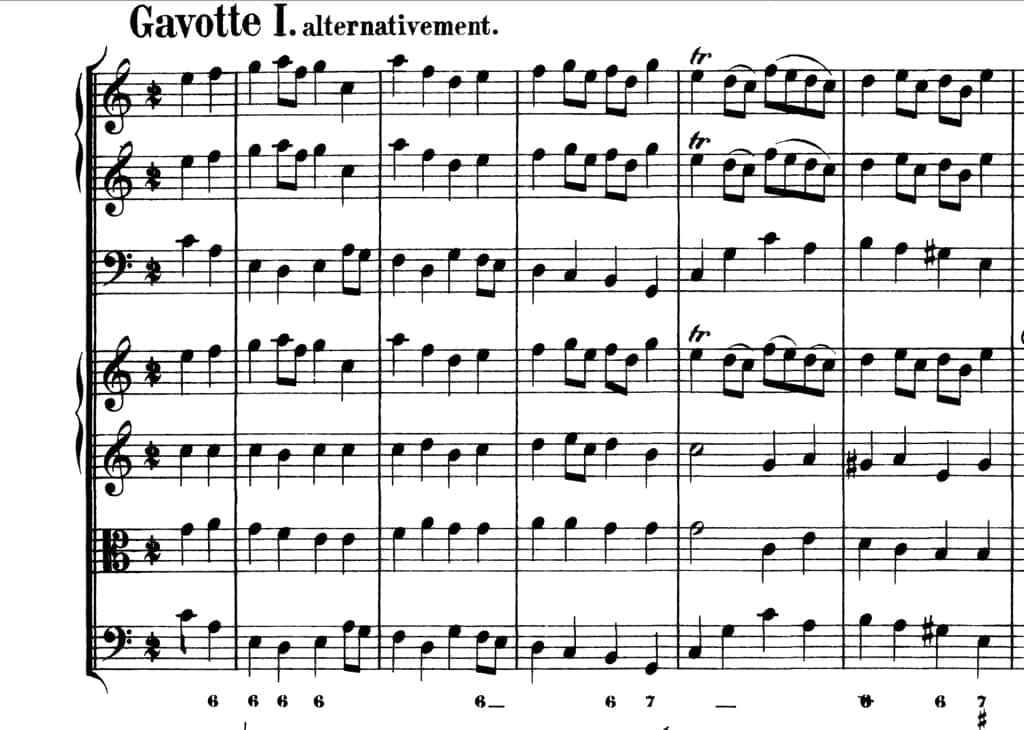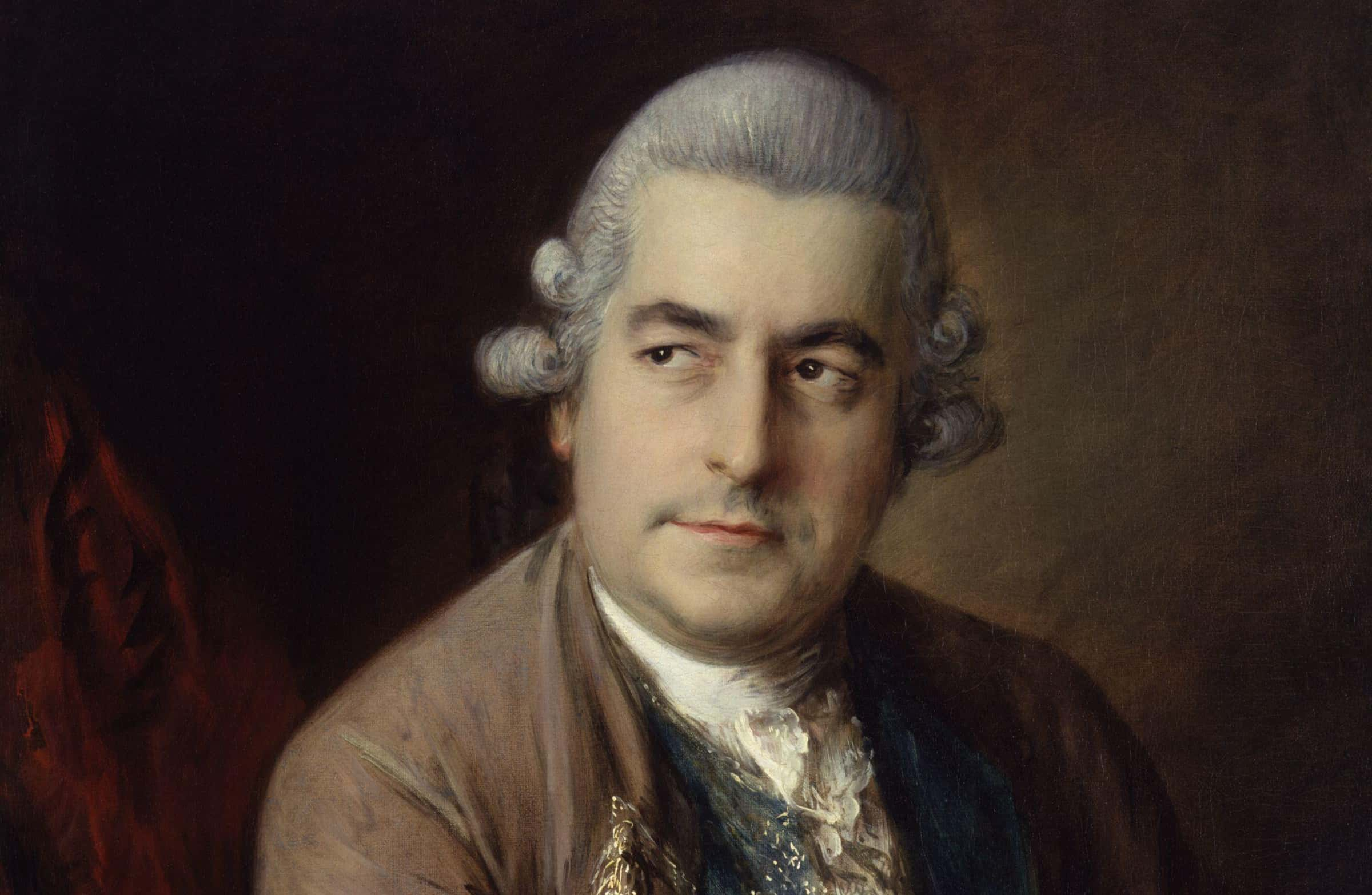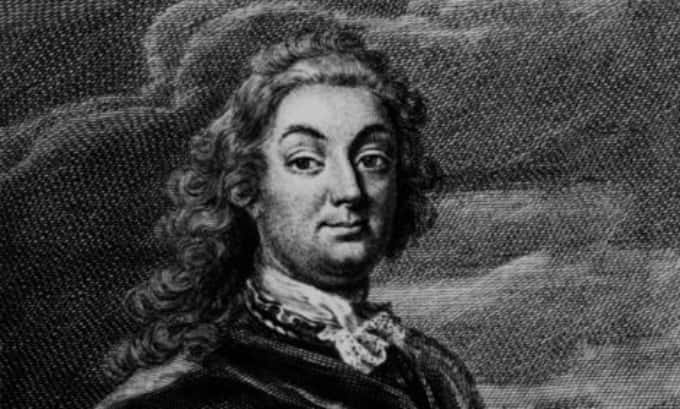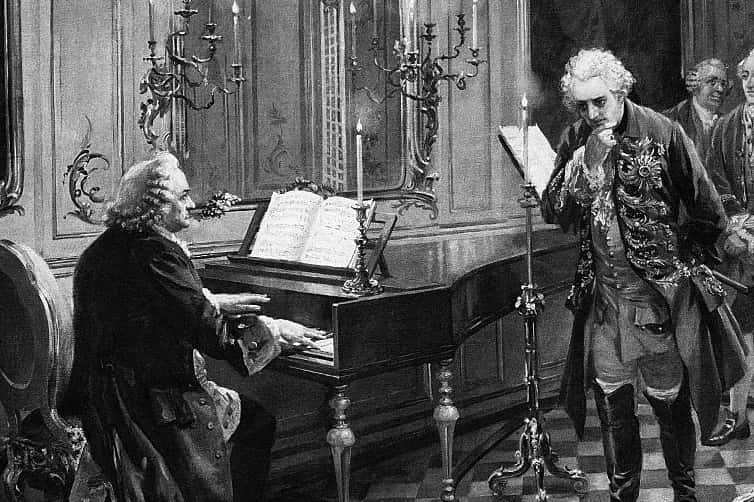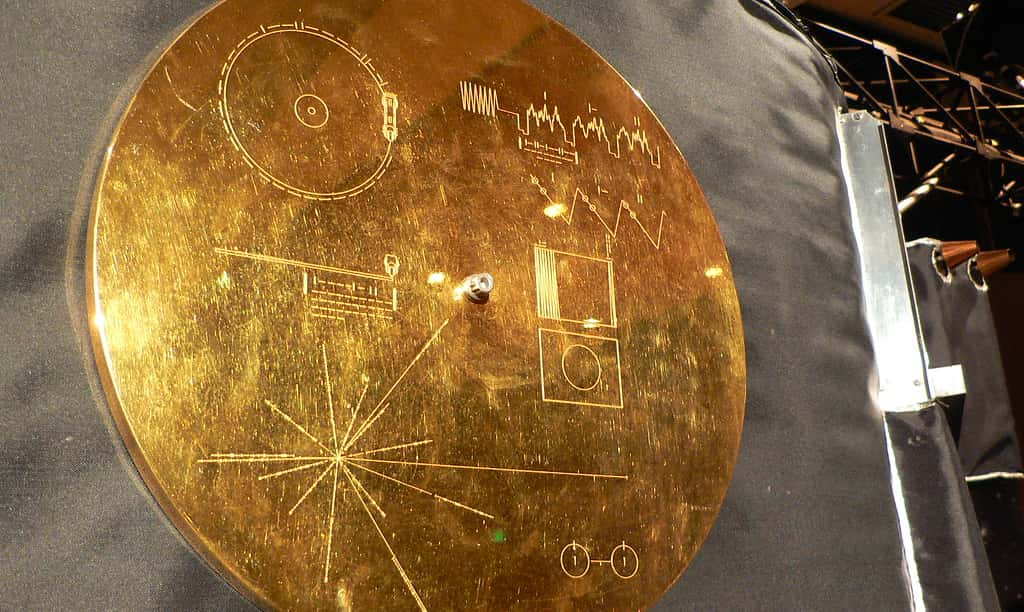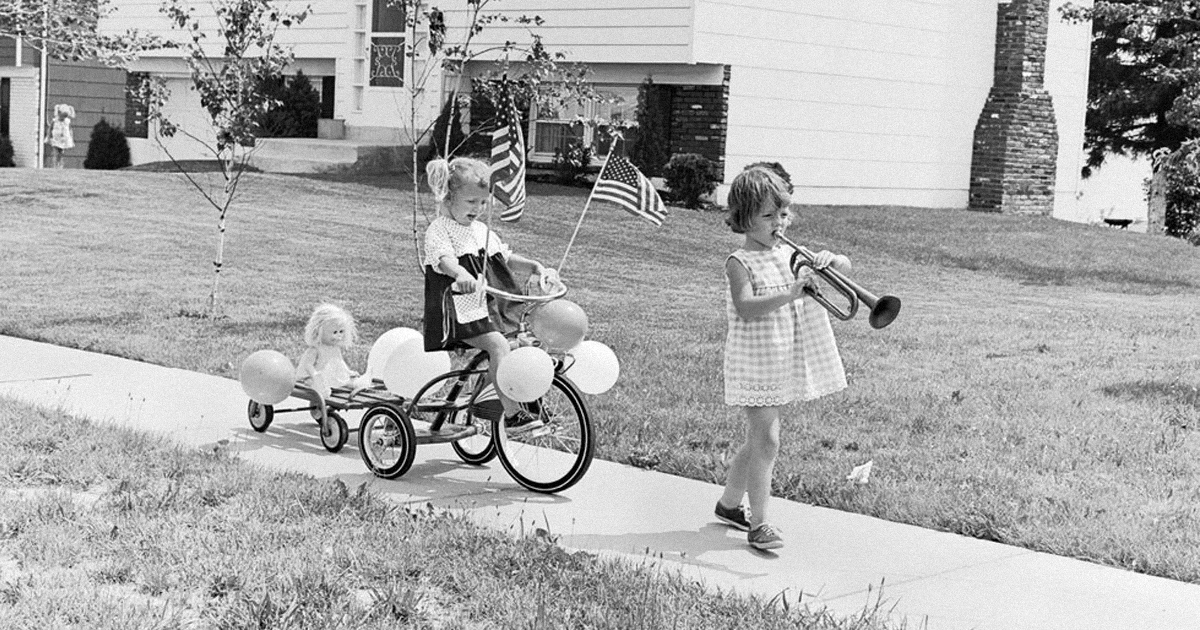Classical music has seen many great composers stand the test of time centuries after their deaths, but the one whom most people place over the others is Johann Sebastian Bach. His work has been celebrated by high society for many generations, and while the 21st century might not always acknowledge or even remember him, his influence carries into the modern era regardless. So who was this man? What went into making so much great music? Was he famous during his lifetime, or has he been reclaimed from obscurity? Find out all about Bach below.
1. A Simple Boy in a Simple Town
Bach was born in March 1685 in the German town of Eisenach. He would spend most, if not all, of his life within Germany, never imagining just how far his music would reach.
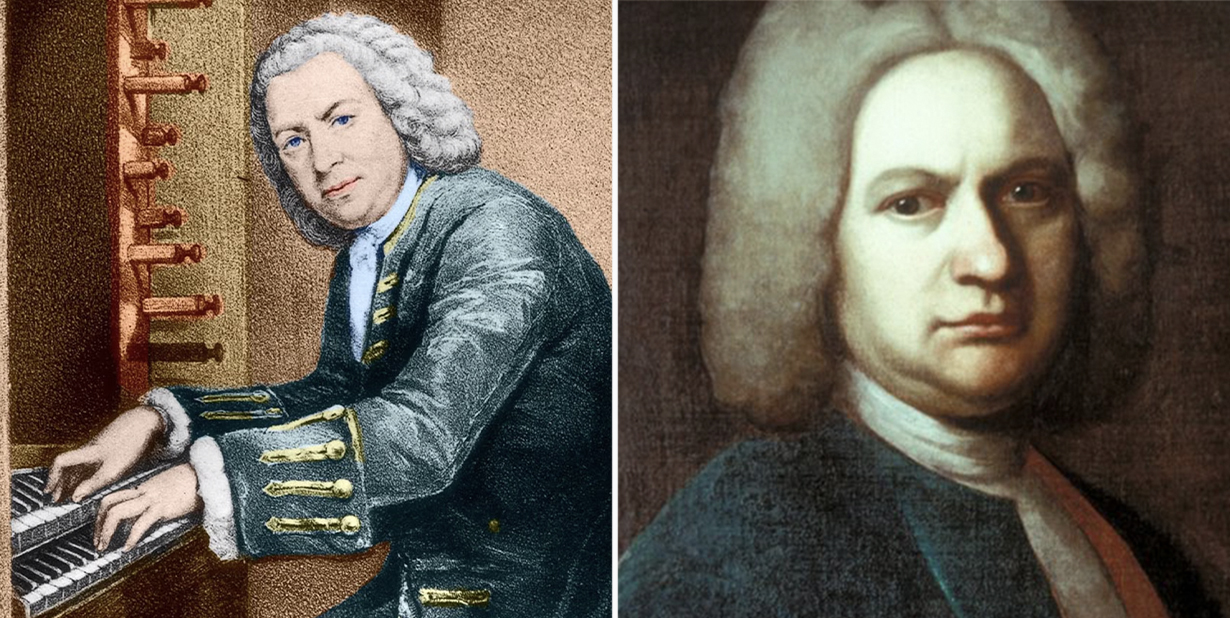
2. Family Business
Bach's uncles were all professional musicians, his father was the director of the town’s music, and his brothers also took up music as their trade. In fact, the Bach family produced more than fifty recognized musicians across at least seven generations.
3. A Difference of Ten Days
There is a lot of argument over whether Bach was born on March 21 or March 31. This is because at the time of Bach’s birth, the German state of Thuringia was using the Julian calendar. Nowadays, of course, most people in the Western world use the Gregorian calendar. As a result, fans of the composer who want to celebrate his birthday have two different dates to choose from.
4. That’s a High Mortality Rate…
People had much bigger families back in the day, and Bach was no exception. He would have 20 children by two different women during his lifetime. Granted, only 10 of those children lived to adulthood.
 Pixabay
Pixabay
5. Like Father Like Sons
Speaking of those 10 Bach children who survived childhood, six of them were boys. In keeping with the tradition of the Bach family, all but one of them went on to become musicians or composers.
6. Big Brother’s Looking out for You
By the time that Bach was 10 years old, both his parents had passed on. He subsequently moved in with his brother, Johann Christoph, who was around 15 years older than him and was working as a church organist in Ohrdruf. It was J.C. (as we’ll call him) who continued the musical education which Bach had already gotten up to that point from his parents.
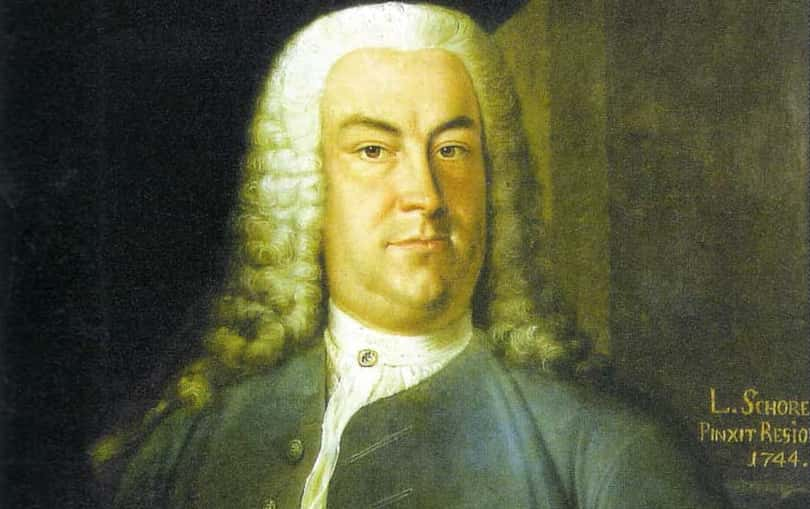 Wikimedia.Commons
Wikimedia.Commons
7. I’m Supposed to Be Drowsy!
In 1741, Bach published the Goldberg Variations, a piece of music which is comprised of an aria and thirty variations. The famous story behind the Goldberg Variations’ origins rest with Count Kaiserling, a Russian diplomat living in Germany. The Count famously suffered from insomnia, and he commissioned Bach to compose music which would help him sleep. This story isn’t completely accepted as fact, but now you can use it if someone catches your nodding off during Bach’s music.
8. Did He Also Take Eight Companions?
In 1705, Bach was in Arnstadt when he heard that one of his favorite composers, a man named Dieterich Buxtehude, was living in the northern German city of Lubeck. Incredibly, Bach was so interested in meeting the man and hearing his music that he walked 280 miles to get there.
9. Don’t Meet Your Heroes
When spent four months living in Lubeck as he studied with Buxtehude. At the time, Buxtehude was serving as the organist of St. Mary’s Church in Lubeck, and Bach gained ambitions of taking over when Buxtehude retired. However, there was a condition attached to the job position; he would have to marry one of Buxtehude’s daughters to secure the position of organist. Bach lost interest and walked the 280 miles back for home.
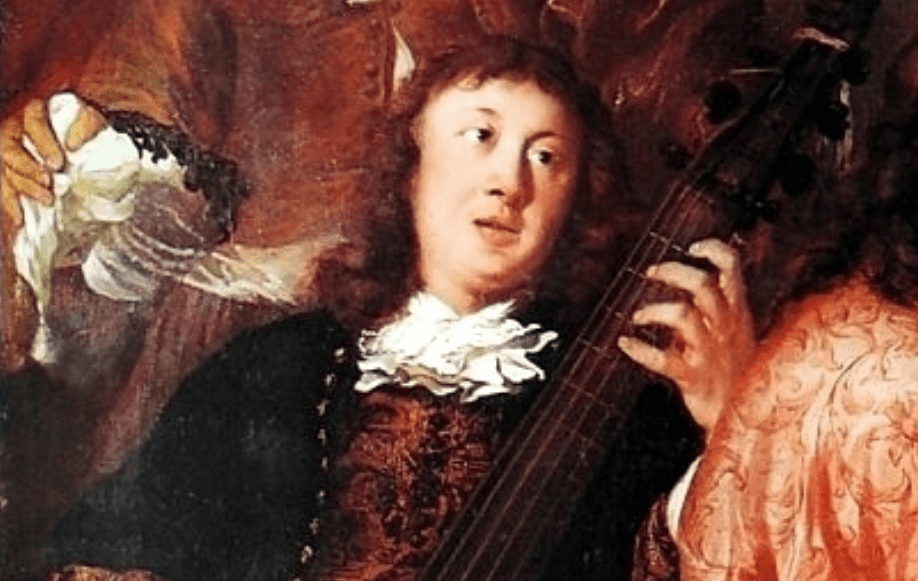 Wikipedia
Wikipedia
10. Where Have You Been?!
The craziest thing about this four-month excursion and double trek back and forth from Lubeck was that Bach was skipping his duties as the organist and music instructor. Bach had only gotten permission to leave for four weeks, making him one of the most absent employees we’ve ever heard of.
11. Coffee, Je T’aime
Like many artists in human history, Bach was a huge fan of coffee. However, Bach’s passion for it was such that he wrote a song praising coffee. In the context, a young woman sings a tribute to coffee when confronted by her father, who wants her to stop drinking it.
 Shutterstock
Shutterstock
12. Holy Matrimony
In 1707, Bach married his first wife, Maria Barbara. She didn’t have to change her name legally because her surname was also “Bach.” She and Bach were second cousins through their fathers. Little is actually known of their dynamic and their domestic life, except that they had seven children together, three of whom died young.
13. It’s Important to be Multifaceted
When Bach was a child, his ability to sing soprano was such that he was offered a scholarship to study at a prestigious school for musicians in Luneberg. While there, he received extensive musical training which proved essential to his later career. Interestingly, Bach was allowed to stay at the school even when his voice broke with maturity.
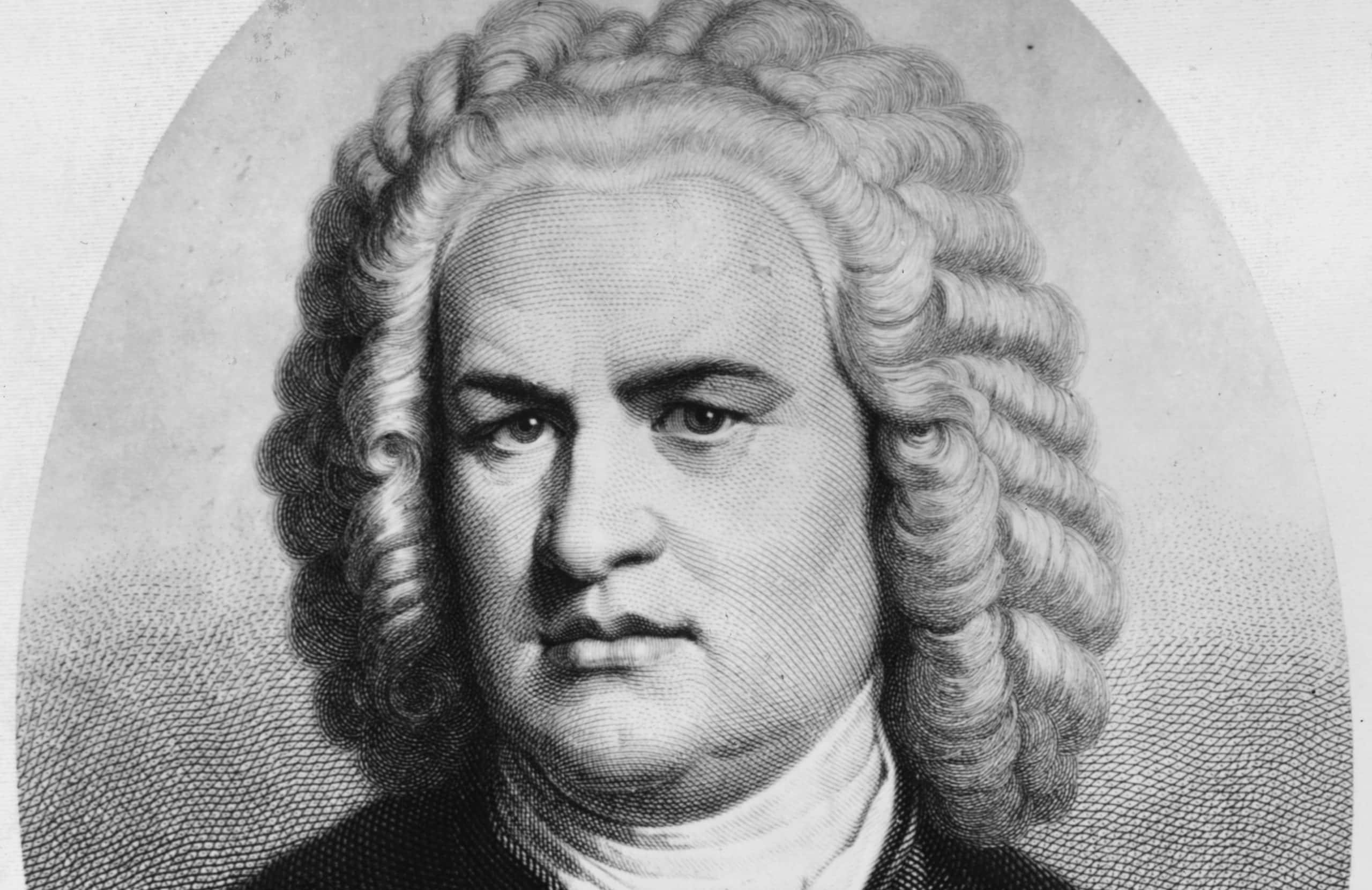 Wikimedia.Commons
Wikimedia.Commons
14. Princely Patron
One of the most important people in Bach’s life was Prince Leopold, a German prince who controlled the region of Anhalt-Kothen. In 1717, Bach was hired by the prince to serve as his director of music. Not only was Prince Leopold an enthusiastic fan of music, but he himself also played. As a result, Bach lived a very comfortable lifestyle with a generous salary. It was during this time that he produced some of the best works of his life.
 Wikipedia
Wikipedia
15. I Ain’t No Procrastinator
Bach had an astounding output rate when it came to musical works. In his early years at Leipzig, it was considered quite normal for him to compose a new cantata every week.
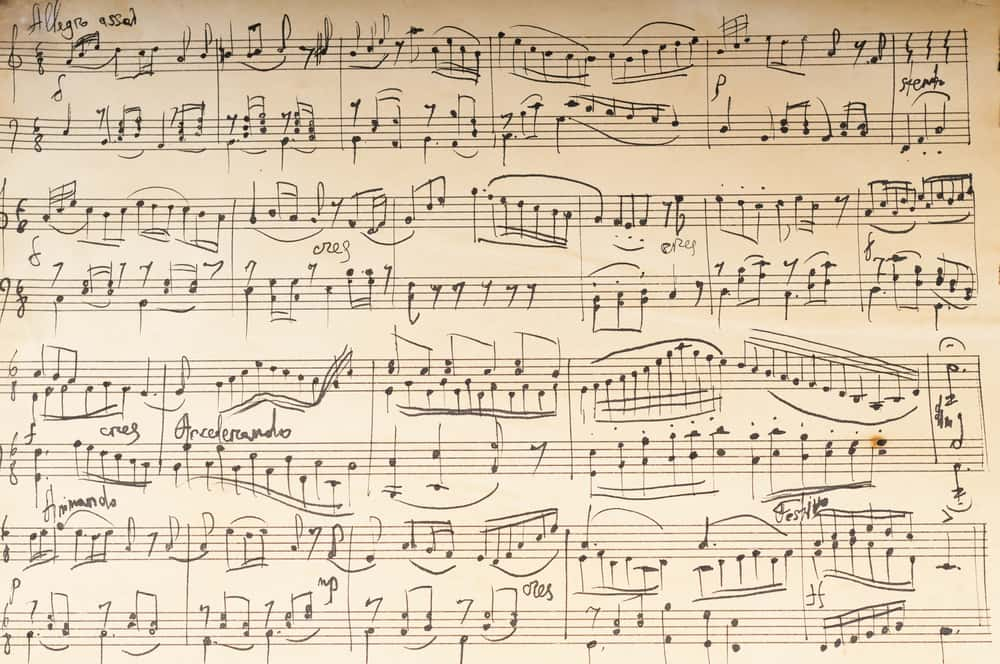 Shutterstock
Shutterstock
16. Good Friends
It wasn’t all about the money or the music with Prince Leopold and Bach. The two men became close friends during the time that Bach was living in Anhalt-Kothen. When one of Bach’s sons was born, the prince stood as the baby boy’s godfather. That was rather fitting since Bach had named his son Leopold after the prince.
17. Oh, Canada…
Bach has been depicted in several German films over the years, including 2003’s Mein Name ist Bach and 1986’s The Chronicles of Anna Magdalena Bach. In 1995, a Canadian made-for-TV film was produced titled Bach’s Fight for Freedom. The film starred Ted Dykstra as Bach and is a highly fictionalized re-telling of Bach’s imprisonment (more on that later).
18. The Son Who Stood Out
Of all Bach’s sons who lived long enough to start careers, Johann Gottfried Bernhard Bach was the only one who didn’t pursue music in his adulthood. Dealing with incredible amounts of debt, the young Bach did what so many artists do in his situation: he abandoned music and pursued a career in law. However, we’ll never know whether he’d ever go back to music in his own lifetime, as Johann Gottfried Bernhard passed on at the age of 24 in 1739.
19. But Did Wilhelm Scream?
It wasn’t just Johann Gottfried Bernhard who struggled with money in his life, despite being a member of the Bach family. Bach’s eldest living son, Wilhelm Friedemann, followed in his father’s footsteps. Perhaps in an effort to get out of Bach’s shadow, Friedemann gained a reputation for improvisation with his music-playing rather than focusing on compositions. Sadly, due to conflicts with those employing him, the Seven Years’ War, and other factors, Wilhelm Friedemann would die in poverty despite being hailed as a musical genius in his day.
 Wikimedia.Commons
Wikimedia.Commons
20. War and Women
Sadly for Bach, his life in Anhalt-Kothen working for Prince Leopold came to an end in 1723. Bach and his family left that year so that Bach could take another job elsewhere. This was triggered by Leopold no longer financially supporting the court orchestra; Leopold had other financial burdens, and he had married a woman who didn’t share his or Bach’s passion for music.
21. Settling Down Again
Beginning in 1723, Bach became employed as the choir leader for two churches in Leipzig. He would also teach music and give private lessons during this time as well. Bach would spend the rest of his life employed in these positions at Leipzig.
 Wikipedia
Wikipedia
22. Quick! To the Pawn Shop!
In 1714, the young Bach already had an incredible talent for playing music. On one occasion, he so impressed the Crown Prince of Sweden that the man rewarded Bach with a diamond ring. Frankly, that’s a tip we’d gladly accept.
23. My Son Carl
Carl Philipp Emmanuel was the fifth child of Bach, and of the children who survived into adulthood, he was the second-eldest son. Carl Philipp would not only preserve his father’s work, but he would also become a highly celebrated composer in his own right. Famous composers such as Joseph Haydn and Ludwig Van Beethoven were avid fans of Carl Philipp’s work.
24. You’ll Go Far
One of Bach’s sons, Johann Christoph Friedrich, would go on to be the music director for none other than King Frederick William II of Prussia.
25. B-List
Bach is often known as one of the “Three Bs” of classical music, alongside Johannes Brahms and Ludwig Van Beethoven.
26. Missed Opportunity
During his own lifetime, Bach was a mere 80 miles from another one of the most famous composers of the time. George Frideric Handel was another gifted and celebrated German composer. However, despite their proximity, and despite the efforts of both Bach and his eldest son, a meeting with Handel never came to be.
27. Say It Ain’t So!
One of the most famous stories about Bach is that he was once offered to compete musically with one of his contemporaries, the French composer Louis Marchand. The story has been retold many times, but the gist of it is that Marchand fled before the competition could take place, either because he heard Bach practicing the night before, or because he already knew of Bach’s talents and chickened out. Sadly for any Bach fans (and thankfully, for any Marchand fans), this story has been greatly exaggerated. The sources for the story are all by German men who weren’t born at the time of the alleged incident.
28. The Good Sons
For such a well-remembered composer, with such a body of work, Bach’s reputation immediately after his passing was more focused on his musical instructions and his renowned skill at playing the organ. His compositions were forgotten, even by many of his own family. This led to a significant amount of his work being lost to history, and much more would have been lost if it wasn’t for the efforts of Bach’s son Carl Philipp Emmanuel.
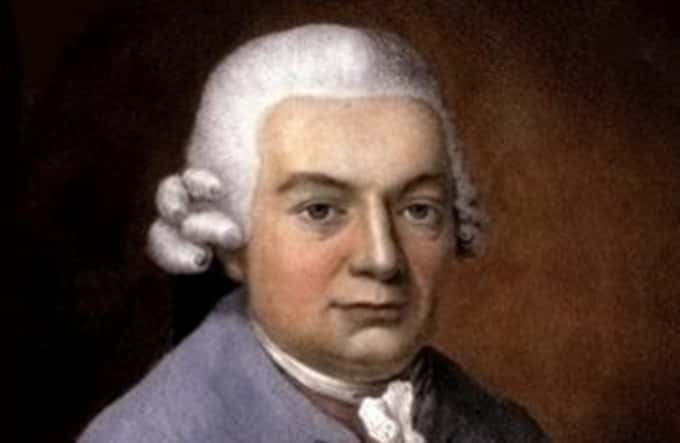 Wikipedia
Wikipedia
29. Unappreciated Genius
The Brandenburg Concertos are comprised of six pieces of music which are usually named among the best musical compositions Bach ever produced. In fact, many go one step further and say the Brandenburg Concertos represent the best of that time in art history known as the Baroque Era. The reason they exist was because Bach was trying to apply for a job with Christian Ludwig, the Margrave of Brandenburg. Bach took musical pieces which he’d previously written, polished them up, and sent them as part of his job application to Ludwig. Ironically, Bach didn’t get the job, and he was never to know just how beloved those concertos would become.
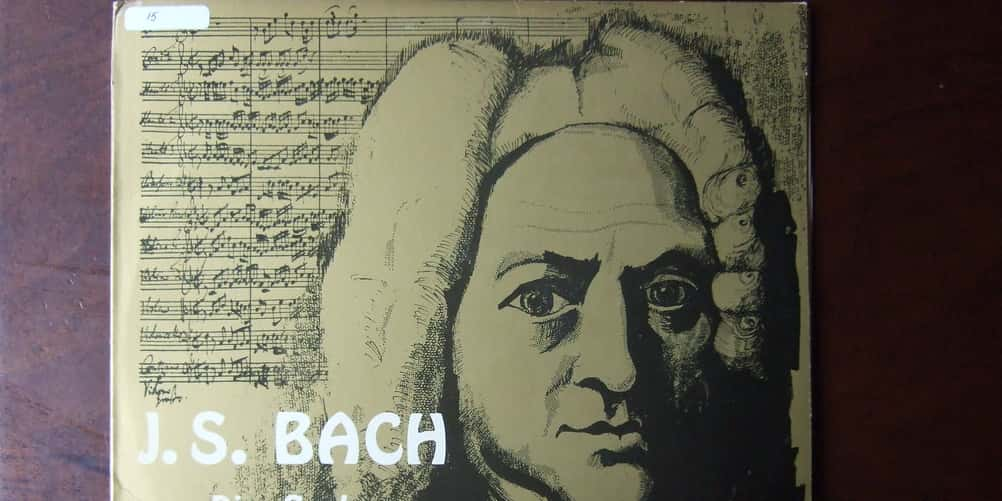 Flickr
Flickr
30. It’s to Die For
Incredibly, Bach’s Brandenburg Concertos were nearly lost to history on account of there being just one copy of them, written by Bach himself. The manuscript, containing the full score, was left to gather dust in Brandenburg until 1849, when it was finally published. As for the manuscript itself, it was moved during the Second World War in the hopes of preserving important history. Incredibly, the manuscript was taken by a librarian on a train which came under attack by battle planes. The librarian was forced to flee the train to avoid being killed, all while holding onto Bach’s original manuscript.
31. Legend Begets Legend
Johann Christian Bach was Bach’s youngest son and eighteenth child. Because he moved to London in 1762, and people there referred to him as “John Bach,” he is known in some circles as the English Bach. In 1764, a young boy was brought to London by his father on the strength of his being a musical prodigy. Johann Christian spent five months teaching compositions to the boy in order to expand his musical abilities. You might know that child as Wolfgang Amadeus Mozart.
32. In God I Trust
Bach spent much of his career making religious music, whether it be church music or simply music that dealt with religious themes. An exception to this was the time he lived in Anhalt-Kothen working for Prince Leopold. Being a staunch Calvinist, the prince preferred not to be grandiose in his faith. As a result, Bach mostly wrote secular music during that time, but even then, he would mark all his manuscripts with the abbreviations “I.N.J.”, which stood for a Latin expression that translates to “In the name of Jesus.”
33. Brings a Stick to a Knife Fight!
When Bach got one of his first jobs as a church organist in 1703, a side gig associated with the job was teaching music. Bach loathed the experience and wasn’t afraid to show his temper when students let him down. In one case, he insulted a bassoon player so harshly that a few days later, the player assaulted Bach with a walking stick. Bach, not wishing to be outdone, drew a dagger and fought back. Eventually, others intervened and pulled the brawlers apart before any real damage was done.
34. Sudden Tragedy
In 1720, Bach was at a spa in Carlsbad with Prince Leopold when he was told that his wife, Maria Barbara, had passed on suddenly. We do not know the cause of Maria Barbara’s passing, only that it was unexpected, and that it shocked Bach when he was told the news.
35. Round Two
While Bach was employed with Prince Leopold in Kothen in 1721, he met a young soprano named Anna Magdalena Wilcke. They were married that same year, just seventeen months after the passing of Bach’s first wife. Anna Magdalena and Bach would not only raise Bach’s children with his first wife, but would also have 13 more children together, six of whom would make it to adulthood.
36. Musical Matrimony
One reason which contributed to Bach’s successful marriage to Anna Magdalena was the fact that they were both passionate about music. Anna Magdalena would continue to sing after her marriage, and also acted as a copyist for her husband’s music. For his part, Bach dedicated a great deal of music to Anna Magdalena, and the two of them would host family and friends in musically focused get-togethers.
37. Jailbird
In one of the more dramatic episodes of Bach’s life, he was living in Weimar working for Duke Johann Ernst III. However, his employment came to a grim end. In 1717, after getting on the duke’s bad side, Bach was imprisoned. A few reasons have been given as to why this was the case, but whatever the reason, Bach was released a month after his imprisonment began, and that was when he went to work for Prince Leopold.
 Shutterstock
Shutterstock
38. RIP, Johann
In 1750, Bach’s health was declining, and he had lost the use of his eyes. After suffering a stroke, he drew his final breath on July 28 at 65 years of age.
39. History Will Judge You Harshly
Incredibly, the poor eye surgery which Bach underwent to cure his blindness—which more than likely contributed to it instead—was performed by the same man who had deprived fellow German composer George Handel of his sight. John Taylor claimed to be an eye surgeon, but by all accounts, he was a liar and a fraud.
Both Handel and Bach commissioned them to do a cataract operation and the result was the same for them both. Not exactly a great legacy. In an act of cosmic irony and poetic justice, Taylor himself would become blind before he passed on.
40. For Old Times’ Sake
Despite his leaving Anhalt-Kothen for Leipzig, Bach never stopped being court composer to Prince Leopold—even though the title was just in theory at the time. In 1729, Prince Leopold passed on, and when he was buried, his old friend Bach personally directed the funeral music. Excuse us while we find out who’s cutting onions around here…
41. Greetings, Martians
In 1977, the Voyager Golden Record was launched into space as an introduction for any intelligent life out there to the planet Earth and the human race. Organized by Carl Sagan, the record contains recordings of many natural sounds such as wind, rain, different animals, or human voices in various languages. Also included on the record are 27 pieces of music from all over the world. No fewer than three pieces of Bach’s music are on the record, as an ambassador to any alien race as to what humanity is capable of.
42. Zing!
Speaking of the Voyager Golden Record, one of the most well-remembered anecdotes about that project involved Carl Sagan asking his colleagues what they thought should be put on this record to introduce aliens to the human race. Allegedly, Freeman Dyson stated, “I’d just send Bach… but that would be showing off.”
Sources: 1, 2, 3, 4, 5, 6, 7, 8, 9, 10, 11, 12, 13, 14, 15, 16, 17, 18, 19, 20, 21


